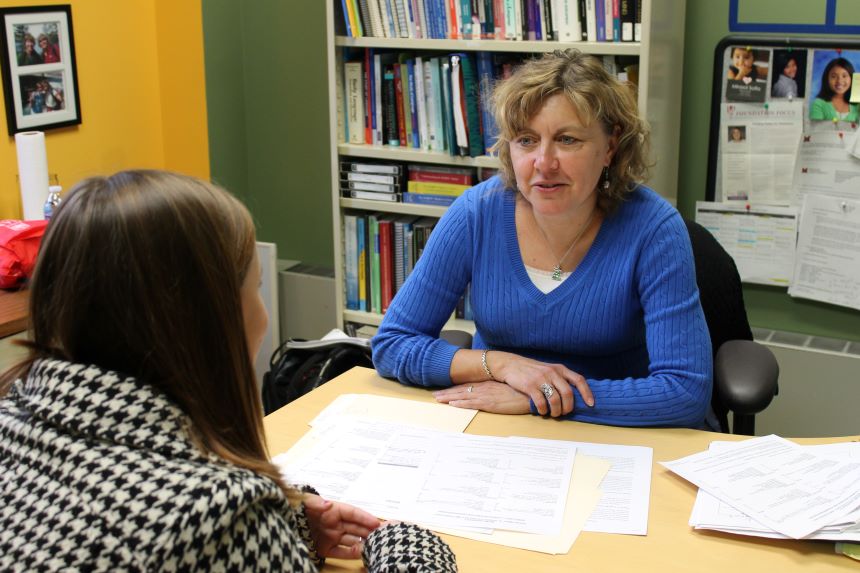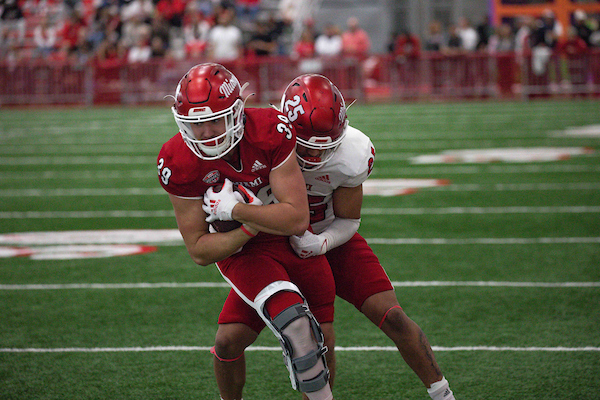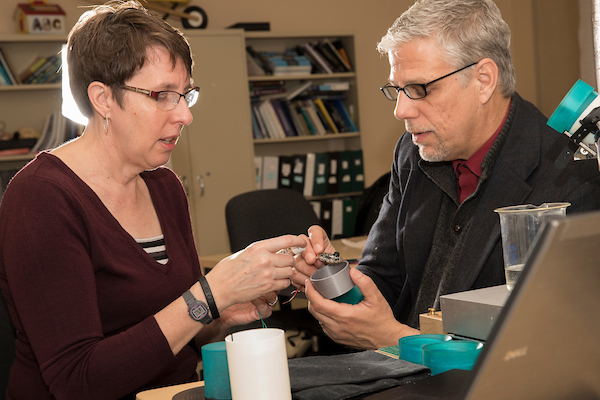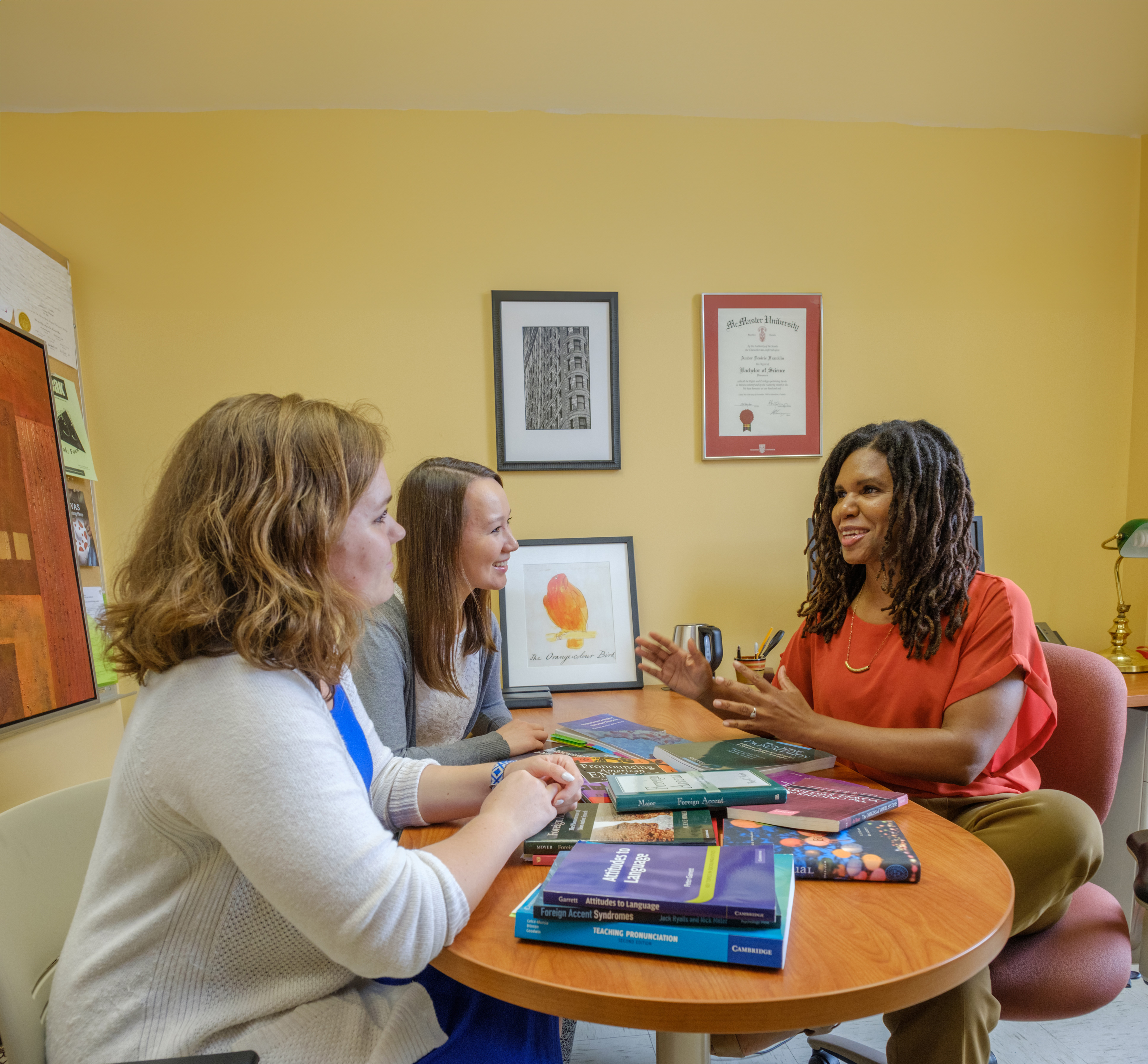Concussion Management
The Miami University Concussion Management Program is a collaborative effort between the Department of Speech Pathology and Audiology and Intercollegiate Athletics.
All freshman and transfer students on specific varsity teams receive baseline neurocognitive testing in order to assess their non-injured level of cognitive functioning, prior to the onset of pre-season training. Specific neurocognitive skills are assessed that are vulnerable to sports-related concussions. If an athlete sustains a concussion, they are referred to the clinic, ideally within 48 hours for post-injury testing. These results are analyzed and compared to pre-injury baseline levels.
Our experience at Miami University and research in sport-related concussions suggest that athletes require several days to weeks to recover from the symptoms of concussion. Because of this, the interdisciplinary team works together with the athlete and the academic faculty to provide the resources and strategies needed so the athlete can return to athletic, academic, and social endeavors safely with success.



